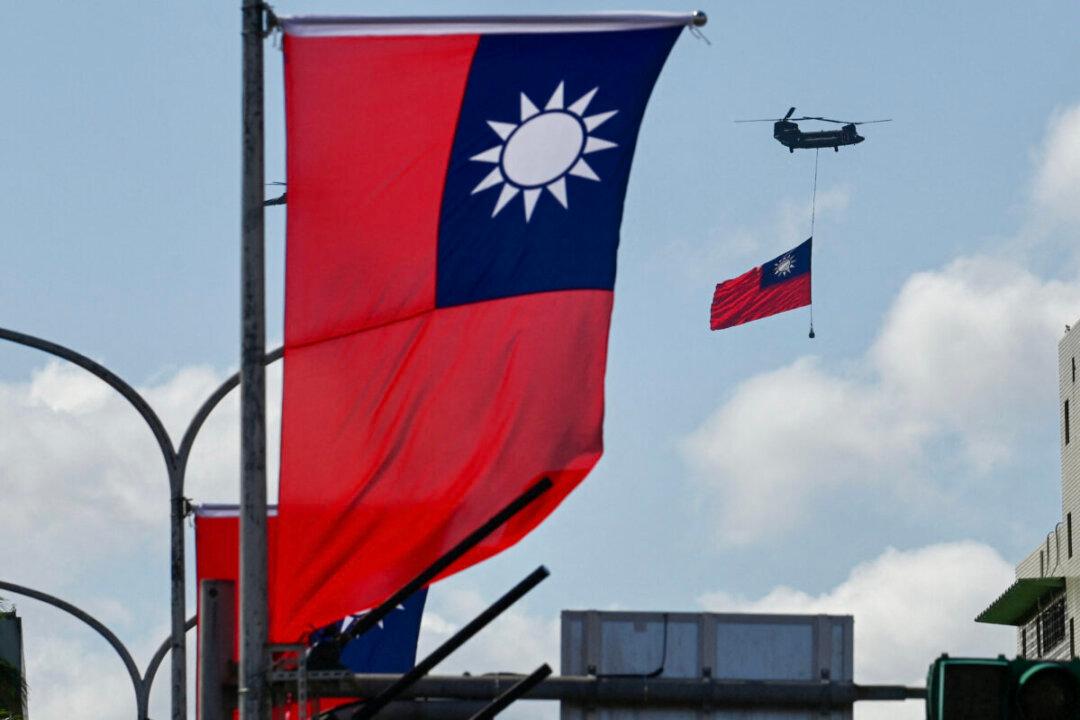Commentary
An invasion of Taiwan could force a complete realignment on how the world and the international business community engage with the Chinese economy, from friends and foes alike.

An invasion of Taiwan could force a complete realignment on how the world and the international business community engage with the Chinese economy, from friends and foes alike.